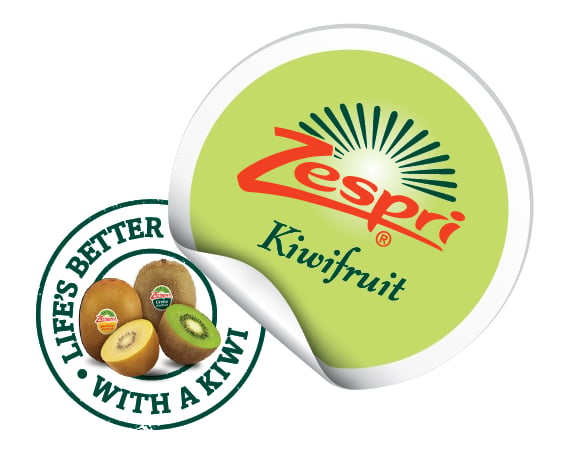
Eat up, people.
I recently walked into a vitamin shop after noticing a sign out the front that said: “No one gets enough vitamins in their diet anymore”.
I walked in, and there were bottles of vitamin C, tablets of Vitamin D, and other devices for Vitamin A and E.
After being bombarded by a shop assistant trying to send me home with a life supply of vitamin supplements, I walked out feeling confused and slightly angry – are we that unhealthy that we have to pop pills? Surely not.
So I did some research, and found that often, vitamin supplements are unnecessary if you have a good diet (unless you have a medical issue, of course). And even more interesting, I discovered that nutrients, vitamins and minerals are best absorbed by the body from food rather than from supplements.
So here’s six ways to get your daily vitamins with food. Real food.
1. Vitamin A.
This one’s important because it helps with good vision, a strong immune system and nice skin. Health.com says it is found in “carrots, sweet potatoes and [capsicums],” as well as in other foods. So while carrots don’t actually let you see in the dark, they help with your eyesight and have other great health benefits – so get munching on those orange veggies.
Try: carrots and sweet potatoes in salad or as a vegetable side with summer and winter dinners.
2. Vitamin B.
To get Vitamin B you need a bit of grain to start your day and a bit of meat to get through or to end on. The National Health and Medical Research Council says that good foods for Vitamin B are organ meats, muscle meats and breakfast cereals.


Top Comments
It's spring